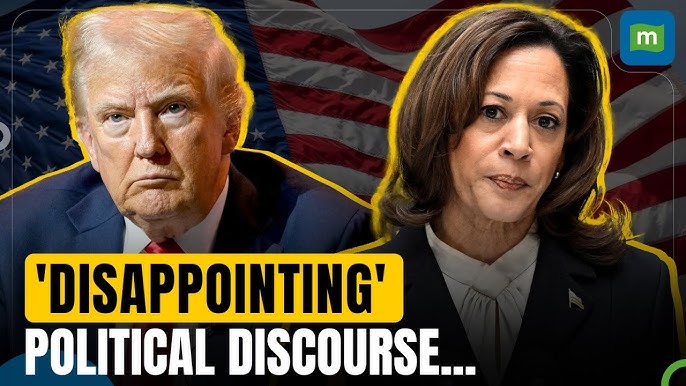Kamala Harris, a False Beacon of Peace: Amanda Seales Weighs In
It never ceases to amaze when left leaning individuals, such as Amanda Seales, voice their criticisms and misconceptions about political figures on social media platforms like Instagram live. Recently, the conversation turned to none other than Kamala Harris, the former Vice President. Despite the widespread sentiment that if Harris had become President, President Donald Trump’s aggressive actions targeting Iran’s nuclear establishments would have been avoided, Seales confidently questioned this supposition.
Seales not only disagreed with the purported belief that a President Harris could have changed the course of events with Iran but also openly ridiculed the idea. One could wonder where such a notion could come from considering Harris’s publicly displayed affiliations, such as posing for photos with law enforcement officers and her marriage to a known zionist. Seemingly justifying the notion that she would align herself with President Joe Biden’s policies, the question then becomes, what brings about the belief that she is a harbinger of peace?
Interestingly, Black people found themselves embroiled in this discussion, some voicing that the often-contentious Seales may have, ironically, made a sensible point. The array of opinions was vast, with some users agreeing with Seales’ cynicism while others felt there were larger issues that Seales, ironically, was not addressing.
One of the notable responses challenged the timing of Seales’ tirade, citing the lack of alternative strategies as a primary concern. However, the argument neglects to consider that constructive criticism can indeed inspire better options. One user put forward an overly optimistic conjecture, claiming that Harris would have prioritized rejoining the Iran nuclear deal.
Approximately a decade ago, a significant agreement known as the Joint Comprehensive Plan of Action (JCPOA) was brokered by then-President Barack Obama with Iran. Despite Iran supposedly agreeing to dismantle their nuclear program, President Donald Trump didn’t appear convinced and withdrew later.
Trump’s controversial decision is often tied to escalating nuclear anxieties involving Iran, which Kamala Harris had flagged as a key adversary, and Israel, a notable American ally. The adverse effects of Trump’s decision are clear, putting into perspective the misguided belief that Harris would have managed the situation any better.
Another perspective suggests that Seales should exclude herself from political discourse. Many question her historical knowledge basis in making such statements. However, it seems that the real question should be centered on whether Kamala Harris has an understanding of historical events and their significance.
Predictions from the past presidential campaign suggested that if elected, Harris would have attempted to secure a new Iran nuclear deal, creating a stark contrast to Trump’s approach. While Trump demonstrated his distinct strategy, Harris’s proposed policy appears to be inherently contradictory, pushing for a deescalation with Iran, yet hinting at an agreement to halt Iran’s nuclear development — a clear conflict of interests.
Various individuals defending Harris argue that Seales’ questioning or criticisms are irrelevant, often attempting to deflect attention from Harris. They question the reason why so many people are still considering what Harris ‘would have’ done as they perceive the current president to be causing havoc. They feel it is redundant to bring Harris’s hypothesized actions into the discussion.
However, one person responded, questioning the validity of the debate centering around Kamala Harris at all. This sentiment, while arguably valid, quickly seemed insignificant as the discussion progressed.
When retaliation from Iran followed shortly after Trump’s attack, observers were less than shocked. Reports suggest that the president had been given ample warning prior to the counter strike. This situation highlights the complexities of political decisions and strategies, and underlines the fact that hypotheticals about alternatives under Harris do not hold much ground.
So while debates continue and criticisms fly from all corners of the internet, one fact remains clear: hypothetical discourse about what Harris ‘would have’ done serve little purpose. The reality of the situation lies in the actions that have taken place — actions that only underline the perceived inability of Harris to create any meaningful change.
In conclusion, the disagreements, debates, and discussions sparked by Seales’ open criticism of Kamala Harris bring about more questions than answers. They underline the reality that politics is not as simple as some would like to believe, and that attributions of peace and stability to figures such as Harris are frequently grounded in illusion rather than reality.

